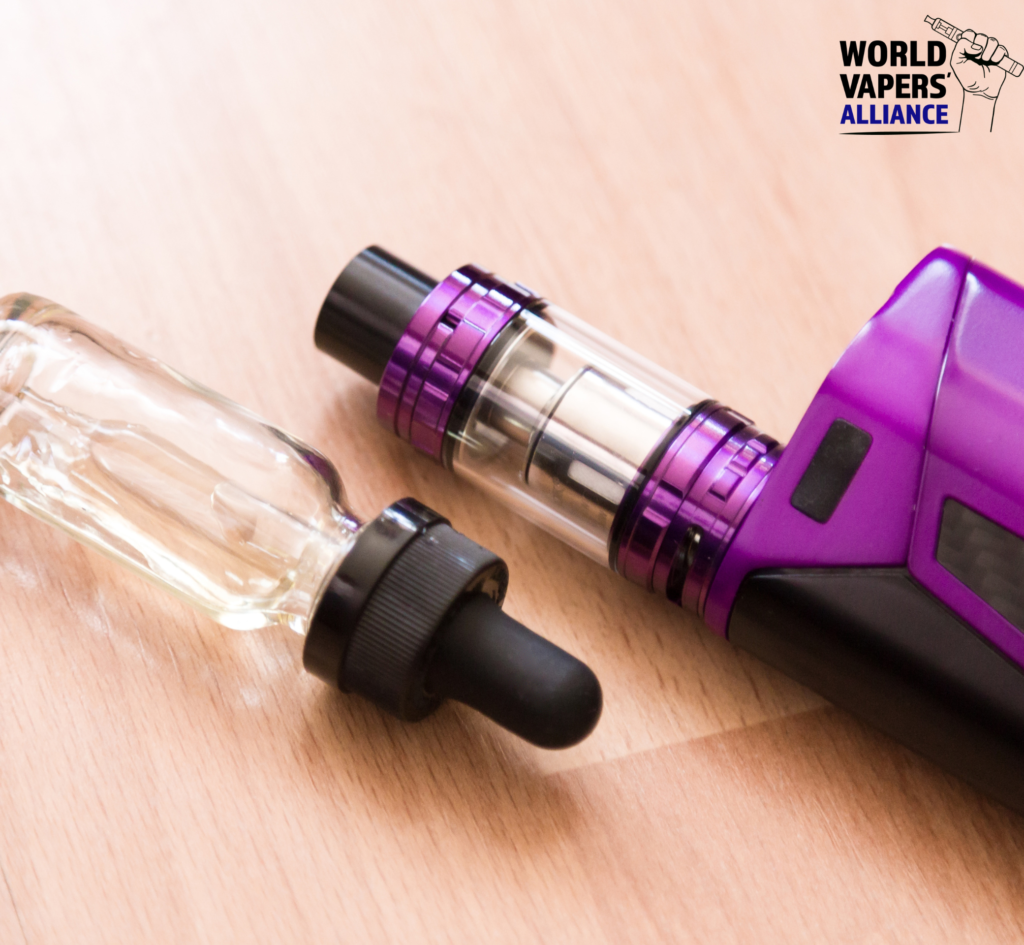Vapatul este 95% mai puțin dăunător decât fumatul si este cel mai eficient instrument pentru renunțarea la fumat. Însă, când vine vorba de trecerea de la fumat la vaping, prețurile joacă un rol semnificativ. Prețul produselor de administrare a nicotinei, mai puțin dăunătoare, poate fi o barieră sau un stimulent suplimentar pentru cei care încearcă să renunțe. Dacă produsele de vaping sunt scumpe în comparație cu țigările sau dacă prețul lor este atât de mare încât este prohibitiv pentru grupurile cu venituri mici și medii, fumătorii vor fi descurajați, dacă nu chiar împiedicați, să treacă la fumat. Pe de altă parte, dacă vapingul este ieftin în comparație cu fumatul, fumătorii care doresc să renunțe vor putea să îl încerce și vor găsi încă un stimulent pentru a face acest lucru: economisirea banilor în acest proces.
Din fericire sau nu, guvernele din întreaga lume au un instrument prin care pot influența deciziile fumătorilor prin intermediul mecanismului explicat mai sus: taxele. În majoritatea țărilor, taxele reprezintă o mare parte din prețul de vânzare al produselor din tutun, ...și sunt menite să devină la fel și pentru produsele alternative cu nicotină. Modul în care guvernele impozitează produsele tradiționale și alternative de administrare a nicotinei va influența procesele decizionale a milioane de fumători și vaperi și va afecta rezultatele sănătății publice la nivel mondial. Așadar, cum ar trebui să procedeze?
Fumatul are consecințe nu doar pentru utilizatorii săi, ci și pentru societate în ansamblu. Costurile tratamentului bolilor induse de fumat sunt acoperite de schemele de securitate socială și de asistență medicală publică susținute de contribuabili. Din această perspectivă, taxele pe țigări sunt justificate pentru a genera venituri guvernamentale care să acopere cheltuielile de asistență medicală legate de fumat. Din cauza profilului de risc mai scăzut al vapatului, același raționament nu poate fi aplicat. Marea majoritate a constituenților nocivi ai fumului de tutun sunt absenți din vaping., ceea ce o face mult mai puțin toxic decât fumatul, și riscul asociat de cancer este mai mic de 0,5% în raport cu fumatul. Prin urmare, un grad similar de impozitare a produselor cu niveluri de risc atât de diferite nu poate fi justificat.
În plus, taxele pe tutun au scopul de a descuraja consumul. La fel și taxele pe țigările electronice. Dar s-a demonstrat că Țigările tradiționale și cele electronice sunt produse substituibile, ceea ce înseamnă că creșterea prețului unuia duce la creșterea consumului celuilalt. Ca o consecință neintenționată, Creșterea taxelor pentru țigările electronice poate duce la creșterea ratei fumatului, în special în rândul tinerilor.
În concluzie, nu are sens să se impoziteze țigările tradiționale și cele electronice în același mod. Menținerea unei diferențe de impozitare poate stimula fumătorii să treacă la țigară, poate îmbunătăți sănătatea publică și poate reduce cheltuielile guvernamentale pentru sănătate. Dimpotrivă, creșterea impozitelor pe țigările electronice va aduce prețul acestora aproape de sau peste cel al țigărilor tradiționale, descurajând fumătorii să treacă la țigară, inversând căile de renunțare la fumat ale foștilor fumători, dăunând sănătății publice și crescând costurile asistenței medicale.
Din păcate, guvernul portughez a ales să aleagă calea greșită. Bugetul de stat propus de guvern pentru 2024 prevede supunerea lichidelor pentru țigări electronice fără nicotină la o taxă de 0,175 EUR/ml, crescând în același timp cota aplicabilă lichidelor pentru țigări electronice care conțin nicotină cu 4%, ajungând la 0,351 EUR/ml. În plus, se are în vedere supunerea lichidelor pentru țigări electronice care conțin nicotină și fără nicotină la o taxă minimă corespunzătoare cu 25% și 12,5% din taxa aplicabilă țigărilor tradiționale. Folosind factorul de echivalență propus de guvern (0,05 ml de lichid pentru țigări electronice = 1 țigară), 1 mililitru de lichid pentru țigări electronice care conține nicotină va plăti un sfert din taxa pe un pachet întreg de țigări (compus din 20 de țigări).
Dacă propunerea este aprobată, se așteaptă ca prețul lichidelor pentru țigări electronice să crească vertiginos la niveluri care ar descuraja puternic renunțarea la fumat. ultimul Plan Național Împotriva Cancerului, Prezentat acum un an, Portugalia și-a propus să reducă prevalența consumului de tutun de la 17% în prezent la mai puțin de 14% în 2025 și la mai puțin de 10% în 2030. Este puțin probabil ca acest lucru să se întâmple dacă guvernul portughez continuă să își înăsprească controlul asupra vapingului și contrastează cu reducerea semnificativă a ratelor de fumat înregistrată de țările care au adoptat o abordare deschisă față de vaping și alte produse pe bază de nicotină mai sigure, cum ar fi Regatul Unit și Suedia, care vor deveni prima țară fără fum de tutun în acest an.
În loc să majoreze taxele pe lichidele pentru țigări electronice, guvernul portughez ar trebui să încerce să mențină un diferențial de impozitare semnificativ pentru a încuraja fumătorii să treacă la țigări electronice. Altfel, dacă măsurile propuse sunt adoptate, obiectivele anti-fumat nu vor fi atinse, iar sănătatea publică va avea de suferit.




